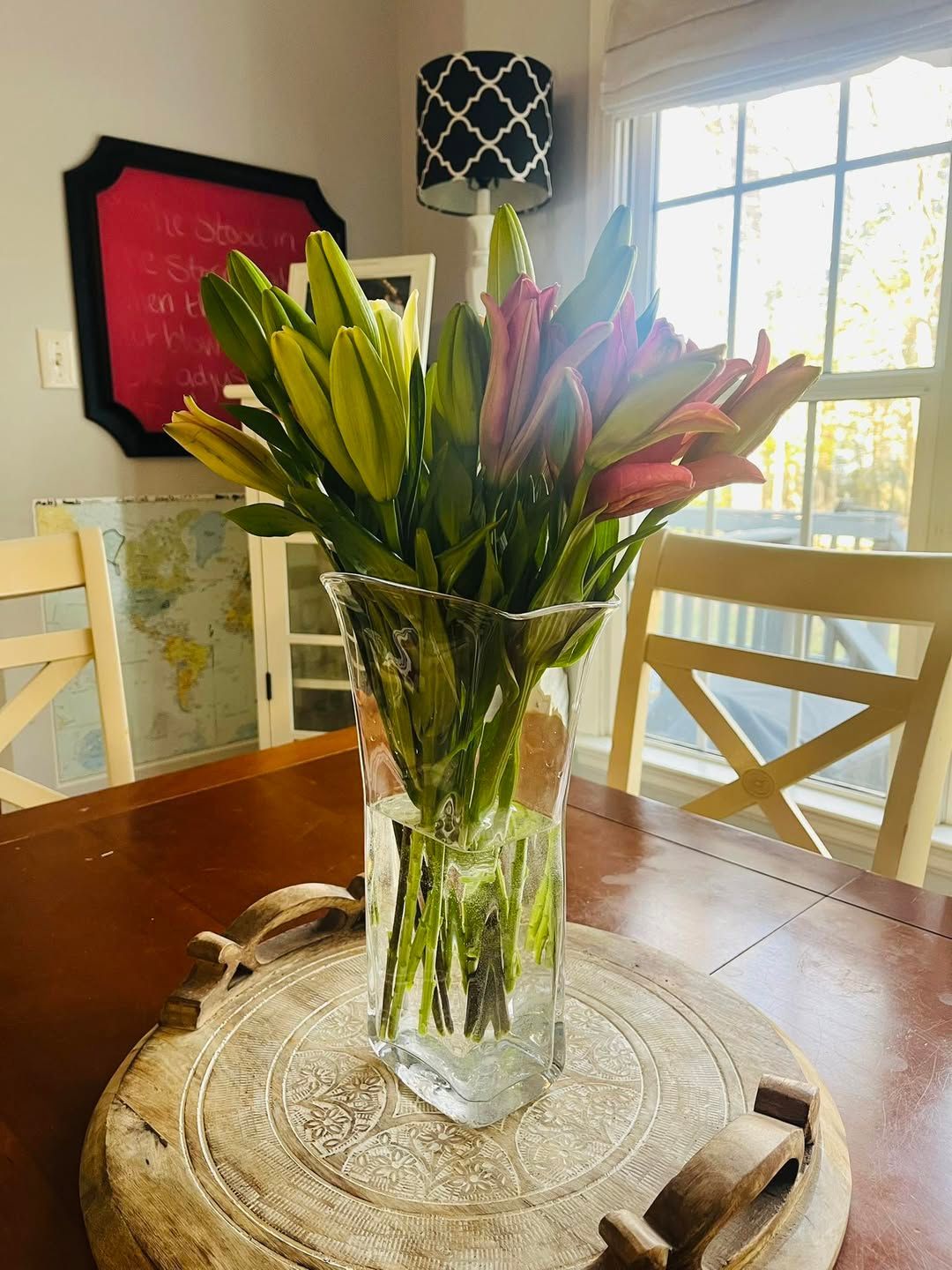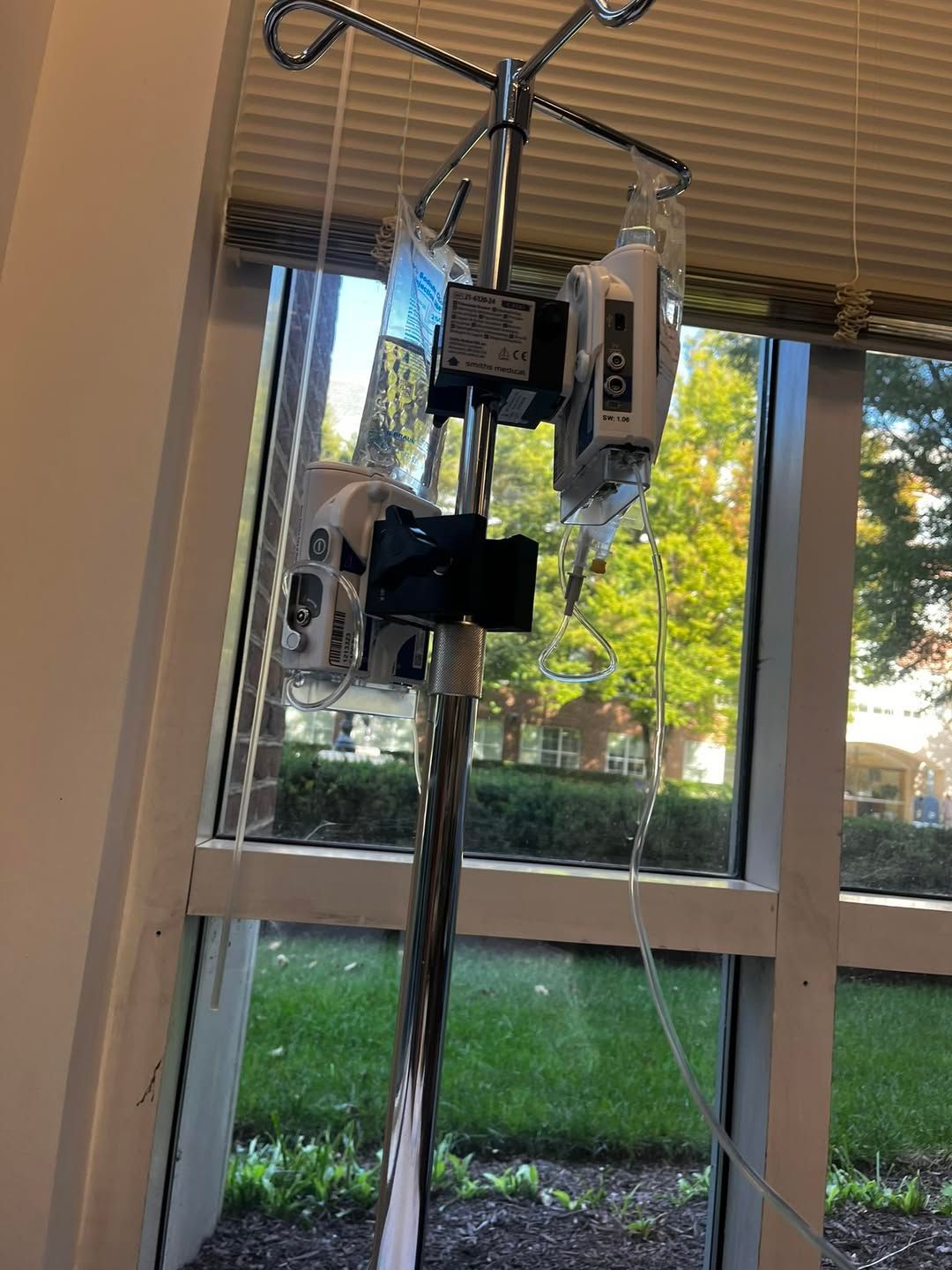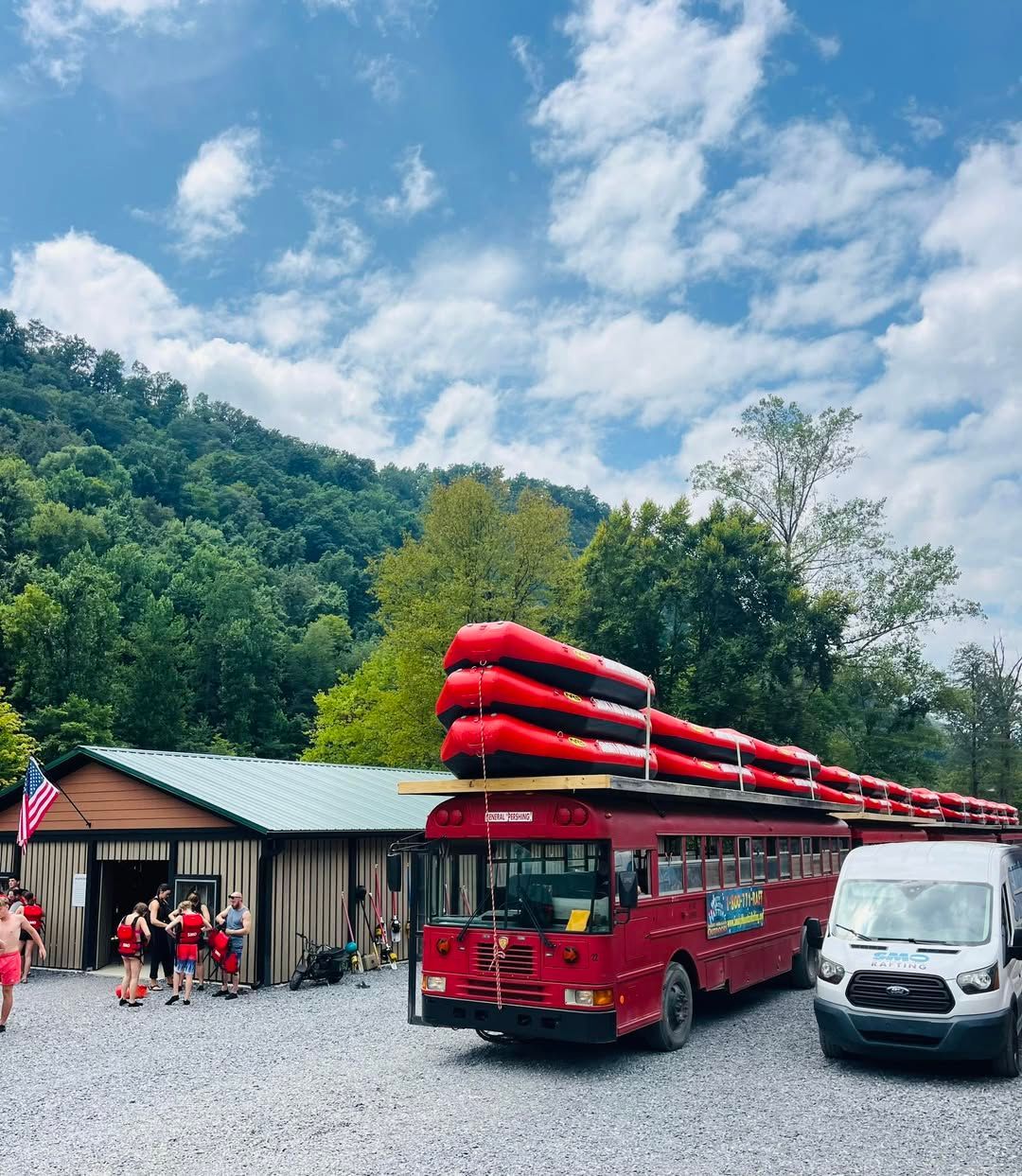More Than a Post-It
Last week, I told a student we were going to transform some of his notes from one style to a new style– to which he promptly replied, “What if I have not taken any notes all year?”
Wow.
This was not something I prepared in my lesson, because after all- who doesn’t take notes during a lecture? Apparently, lots.
A 2001 University of Maryland study shows that 37 percent of college students were never taught how to take notes. This is no fault of the college freshmen– as high school teachers, notes are somewhat of an antiquated practice in the highly engaged student-centered classroom of the last decade.
For parents who do not understand these two classroom styles:
Student-centered classrooms are often collaborative in nature with students driving instructional flow with questions and discussion. Students are often grouped at tables or in small groups.- Teacher-centered classrooms often have a teacher as facilitator in the front of the room providing direct instruction. Learning is typically from a top down approach.
Many secondary schools have shifted to the collaborative model. However, colleges still offer the traditional, lecture style approach, so guess who is getting caught in the cross hairs of the jump from K12 to college? Our students.
Here are some note styles that will definitely benefit your high school senior to learn prior to going off to college:
Mind Maps: For visual learners, mindmaps offer a visual depiction of notes. While some learners may find this method chaotic, others can grasp concepts better through drawing and clustering.- Bulleting: Students bullet notes as the professor speaks– this is a chronological style that seems to work best when listening and discerning information. I highly recommend long hand notes as typed notes become more of a transcript versus true observations and notes.
- Cornell: This age-old method calls for students to divide notes into three sections: notes, cue and summary. Their outline style notes are traditional, but to the left, a column lists questions posed directly after the lecture. On the bottom, there is a place to summarize the lecture in his/her own words.
- Flow: I have used this concept for years, but I did not know it had a name. Flow is a conglomerate of outlined notes, scribbles, diagrams, or any representation that shows your understanding of the topic at hand. It’s basically your mind on paper.
- Outline: These traditional style notes are separated by topics with subsections below. Many students prefer this style because they are easier to develop and more logical in many senses. Students who struggle with higher order thinking would benefit from this style.
It is my belief that high school seniors need to learn practical note taking skills prior to leaving for college. Most college classes are still traditional in nature, and our students need some practical tools that will bring success at the next level.
(Univ 191 Note Taking, 2023)











